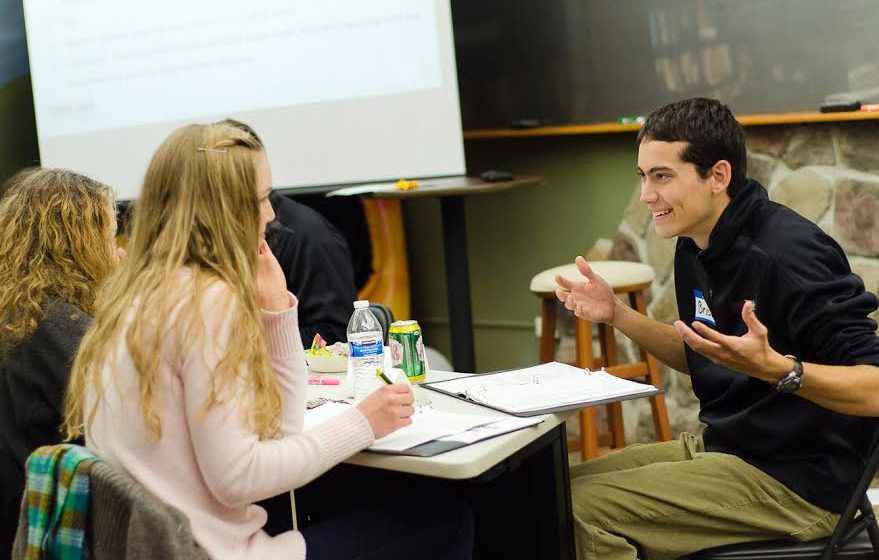The Effective Volunteer
Adult volunteers in youth ministry are the best. We jump for joy when adults tell us they want to invest in the lives of students. We’re encouraged by other adults who walk the lonely road of youth ministry with us. But not all volunteers are the same. And not all volunteers are effective working with students. So what makes an effective volunteer?
Working in youth ministry for the past 30 years, I have come to realize that there is not a specific age, gender, or skill set that makes up an effective volunteer. It’s more about the right mindset and attitude. Volunteers who are confident, steadfast, and focused on deep relationships make the most effective youth volunteers.
Here’s what a mean:
Confidence
Confident volunteers know who they are, and they’re okay with it. They are not trying to be someone they are not, and they don’t have to be liked by each student in the ministry. They know they are in the ministry for more than ego boosts—they are there to impact students. They have an authentic love of others. They have no hidden agenda, and they are confident God’s grace covers them and their students.
Priorities
I used to tell students in my small group that if they weren’t going to listen or participate in small group discussion, then I would ask them to wait outside. The minute small group was over, I would tell them I loved them as much as I did when group started, but they needed to know that small group was about focusing on being a Christ-follower. Students knew I would stand firm on the purpose of the youth group. Sure, we were going to have fun, but Jesus always came first.
We need adult volunteers who will firmly defend the youth ministry’s purpose and won’t compromise on the message. Adults also need to have their own vibrant relationship with Christ. Students know when someone is real and when they are making stuff up.
“There is not a specific age, gender, or skill set that makes an effective volunteer. It’s more about the right mindset.”
Relationship
Adults who are wildly effective with students have deep relationships with them. They spend more time with students outside of youth group than inside. They know students’ fears, hopes, and dreams. They don’t see them as friends, but as mentees. They will do almost anything for their students, and that includes confronting them when they are wrong.
Commitment
When I was a small group leader, one of my students developed a debilitating illness and needed to go to a hospital over an hour away. Every Wednesday I would load up any students who wanted to visit this young man and took them to the hospital. Then every Sunday after church, I made sure I visited again. This went on for eight months. Today this student is around 40 years old and has an awesome family. And our relationship is still deep. My commitment to that student lead to many more relationships with students because they trusted me. That trust allowed me to have hundreds of discussions with students about God.
Most of the training we do with adult volunteers involves policies and procedures or ministry skills. It’s time to change that. Build up their confidence, and tell them often what they do well with students. Challenge them to take risks with kids. Build their confidence and watch them became wildly effective.
About the Author
Doug Franklin
Doug Franklin is the president of LeaderTreks, an innovative leadership development organization focusing on students and youth workers. Doug and his wife, Angie, live in West Chicago, Illinois. They don’t have any kids, but they have 2 dogs that think they are children. Diesel and Penelope are Weimaraners who never leave their side. Doug grew up in… Read More




